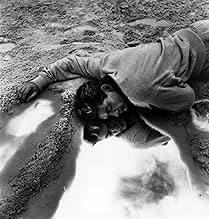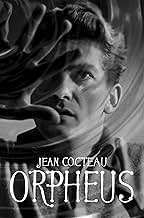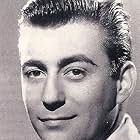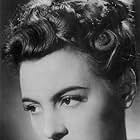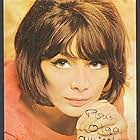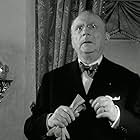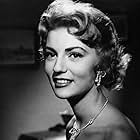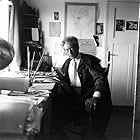A poet in love with Death follows his unhappy wife into the underworld.A poet in love with Death follows his unhappy wife into the underworld.A poet in love with Death follows his unhappy wife into the underworld.
- Nominated for 1 BAFTA Award
- 2 nominations total
André Carnège
- Judge
- (as Maurice Carnège)
Paul Amiot
- Judge
- (uncredited)
Philippe Bordier
- Young Man at Café des Poètes
- (uncredited)
Claude Borelli
- Une bacchante
- (uncredited)
Jean Cocteau
- Narrator
- (voice)
- (uncredited)
- Director
- Writer
- All cast & crew
- Production, box office & more at IMDbPro
Storyline
Did you know
- TriviaThe opening scenes set in the Cafe des Poetes were originally set to be filmed with regular extras. However, Cocteau found them to be too self-conscious and artificial so they were all dismissed. Instead, real bohemians from Paris' real café culture were drafted in. These proved to be so natural and relaxed with the café setting, they actually stayed on for two extra days after filming had finished, just hanging out in the cafés that the film crew had been using.
- GoofsWhen Orphée is shot, the gun falls near his right foot. However when Heurtebise picks up the gun; the orientation changes and it is now near his right hand.
- Quotes
Heurtebise: I am letting you into the secret of all secrets, mirrors are gates through which death comes and goes. Moreover if you see your whole life in a mirror you will see death at work as you see bees behind the glass in a hive.
- ConnectionsEdited into Histoire(s) du cinéma: Une histoire seule (1989)
- SoundtracksDance of the Blessed Souls -- from Orphée et Eurydice
Written by Christoph Willibald Gluck
Featured review
1- A film should convey its meaning mostly not in words but moving pictures, otherwise some other form of expression must be used. If you take out the words from this film, you would be left with careless camera-work and settings (see 1931 film Nosferatu for a much careful camera work and settings- and a much better rising from the coffin scene-19 years earlier). Instead of making a film, Cocteau could publish a book of intellectual sentences decorated with still photography and we would not miss a thing."I am your death" may be an effective sentence by itself, but only in poems. If you use such sentences in a film, you must support it with visual elements in some way. 2- Many positive criticism centers on the symbolism hidden. Somebody symbolizes "poet", other one "death", we see how "poet" prefers art (that is listening to radio) to life, how "poet" is fascinated by "death".... But this is dry symbolism appealing only to the intellect but not meant to be felt. Trying to comprehend the feelings of a "poet" could be good, but instead, we are expected to appreciate his/her drama and "poetic cause". Do watchers feel any emotional contact with the "poet"? I don't think so. That is; film should appeal much much more to senses and emotions than the intellect. 3- Many other positive criticism, on the other hand, mentions innovative camera tricks, etc... You can see all of them in films from much earlier times. For example, rising from bed is done much better in Nosferatu(1931). If careless effects usage was intentional, what was the aim? Some intellectual explanation like "reversal just like from death back to life" might just make me laugh.
All in all, we should not make injustice to excellent movies which can alter our emotions by comparing them with self-indulgent appraisal of artistic pain.
All in all, we should not make injustice to excellent movies which can alter our emotions by comparing them with self-indulgent appraisal of artistic pain.
- tugrul-anildi
- Oct 10, 2011
- Permalink
- How long is Orpheus?Powered by Alexa
Details
- Runtime1 hour 52 minutes
- Color
- Aspect ratio
- 1.37 : 1
Contribute to this page
Suggest an edit or add missing content



